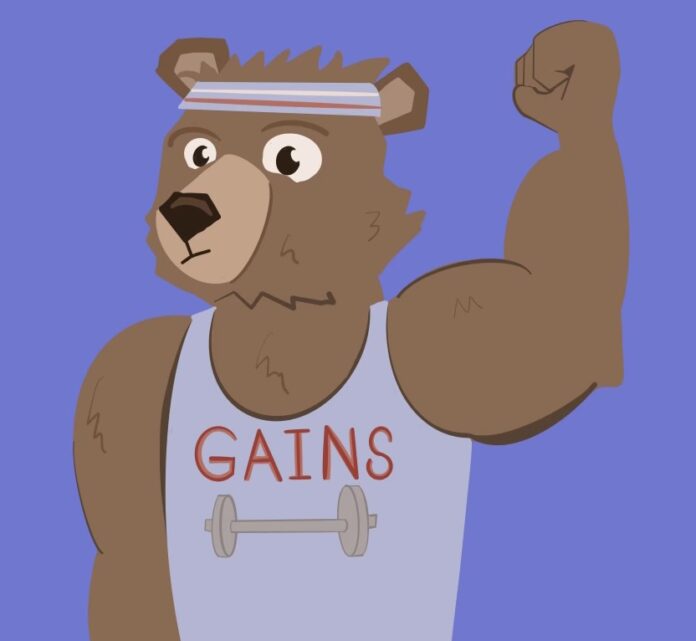By The Editorial Board
We’ve all been there — sitting in bed past midnight while chowing down on Cheetos and M&M’s and scrolling on social media, when all of a sudden, BANG. A reel, ad or video enters your feed talking about how to better your body “in just seven days!”
It’s easy to beat yourself up in the mirror after seeing a slew of these dreadfully misleading hacks on social media, but the one-week wonders are scientifically impossible when it comes to targeting significant fat loss or adding pounds of muscle. We all look different, and the same must go for our fitness routines — and at the end of the day, a workout should be more about making you feel good than trying to mimic influencer body types.
Content creators crave the clicks, and it can be tempting to hammer the link in their bio when their workout program or protein powder seems legit. But searching out miracle pilates that promise the perfect physique simply won’t help you reach your individual goals — however attainable they may be in the first place.
In addition to the toxic culture of social media workouts, your feed has probably paid homage to supplements, which it paints as “cheat codes” in pill form. While supplements can help people, they can be more like toxins with bad side effects if not taken properly. It is the job of doctors and dietitians to prescribe them — not any Joe Shmoe with steroid-filled biceps who magically goes viral online.
Other influencers advise those looking to bulk to scamper to the kitchen for piles of protein and rice, but that isn’t the right way to train either. It’s not healthy to combine physical activities with unhealthy eating to produce a cutting or bulking regime.
It can be difficult to come up with a healthy balance of workouts and dieting. However, there are plenty of resources to combat this. Baylor is offering free one-on-one counseling through Peer Nutrition Advisement until Dec. 6.
“Strategies” on social media are more likely to end in disordered eating and unrealistic body standards. Sorry to break it to you, but you simply can’t break the internet like Kim Kardashian with a toothpick frame. It just doesn’t work that way.
It’s easy to joke about trends, but the visual aspects of them do influence the way we think about ourselves, even if we know what we are seeing isn’t real. The bottom line is, you need to remember that your appearance doesn’t determine your health, nor does what you see online.
Despite gym rats and junkies tossing around the phrase “no pain, no gain,” being in tune with your physical limits and the purpose of your workouts or dieting is crucial. Be more focused on improving your current lifestyle than on trying to look like someone else. Avoid the clickbait, and better yourself with healthy habits.






